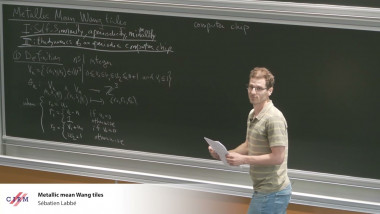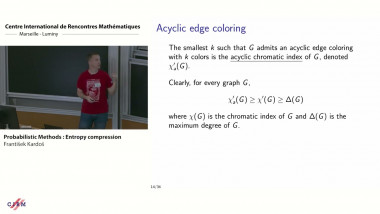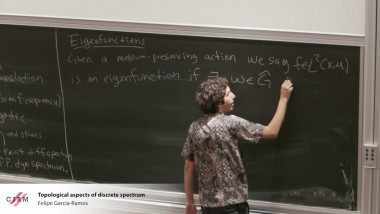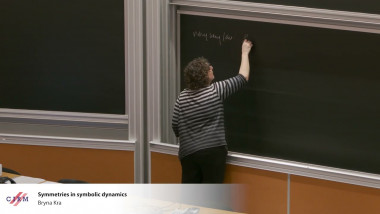Appears in collection : Nexus Trimester - 2016 - Fundamental Inequalities and Lower Bounds Theme
Information inequalities are very important tools and are often needed to characterise fundamental limits and bounds in many communications problems such as data transmission and compressions. They are also very closely related to different mathematical areas including matroid theory, group theory, linear algebra, algorithmic complexity, determinantal inequalities etc. In this talk, we will examine some interesting properties about entropies and information inequalities. Our focus will be on the interplay among codes, entropies and groups. First, we will explore the one-to-one correspondence relations among information inequalities, inequalities for groups and subspace rank inequalities. Next, we will examine the relations between entropies and codes. By treating a code (either a classical error control code, a secret sharing code, or a network code) as a set of random variables, many properties of a code can be re-interpreted “information-theoretically”. One example is the Generalised Greene Theorem, which says that the weight enumerating polynomial of a code can be determined by the entropies of the codeword symbol random variables. By exploiting the link between codes and entropies, we have extended Delsarte's linear programming bound for a boarder class of codes including the secret sharing codes. By constructing random variables (and hence the corresponding code) from subgroups, we obtained a new group inequality. Finally, we will consider their applications in areas of network coding and distributed data storage systems.



















